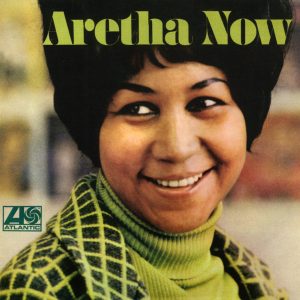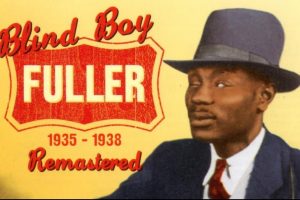Leadbelly — Huddie Ledbetter — is a legend. The outlines are contradictory: Leadbelly was a murderer who sang kids songs and became a bedrock of the folks scene. The whole thing is made a bit more mysterious by the fact that very little video of Leadbelly exists. Wikipedia presents the heart of the legend — who Leadbelly killed and how he got on the road to stardom:
Ledbetter’s volatile temper sometimes led him into trouble with the law. In 1915, he was convicted of carrying a pistol and sentenced to time on the Harrison County chain gang. He escaped, finding work in nearby Bowie County under the assumed name of Walter Boyd. In January 1918 he was imprisoned at the Imperial Farm (now Central Unit)[10] in Sugar Land, Texas, after killing one of his relatives, Will Stafford, in a fight over a woman. It was there he may have first heard the traditional prison song “Midnight Special”.[11][page needed] In 1925 he was pardoned and released after writing a song to Governor Pat Morris Neff seeking his freedom, having served the minimum seven years of a 7-to-35-year sentence. In combination with good behavior (including entertaining the guards and fellow prisoners), his appeal to Neff’s strong religious beliefs proved sufficient. It was quite a testament to his persuasive powers, as Neff had run for governor on a pledge not to issue pardons (at the time the only recourse for prisoners, since in most Southern prisons there was no provision for parole).[citation needed] According to Charles K. Wolfe and Kip Lornell’s book, The Life and Legend of Leadbelly (1999), Neff had regularly brought guests to the prison on Sunday picnics to hear Ledbetter perform.
In 1930 Ledbetter was in Louisiana’s Angola Prison Farm after a summary trial for attempted homicide, charged with knifing a white man in a fight. It was there he was “discovered” three years later during a visit by folklorists John Lomax and his then 18-year-old son Alan Lomax.[12] Deeply impressed by Ledbetter’s vibrant tenor and extensive repertoire, the Lomaxes recorded him on portable aluminum disc recording equipment for the Library of Congress. They returned with new and better equipment in July of the following year (1934), recording hundreds of his songs. On August 1, Ledbetter was released after having again served almost all of his minimum sentence following a petition the Lomaxes had taken to Louisiana Governor Oscar K. Allen at his urgent request. It was on the other side of a recording of his signature song, “Goodnight Irene.” (Continue Reading…)
A full bio is available at The Lead Belly Foundation, which is run by his niece.
The videos above and below focus on “Goodnight Irene” and appear to be from the same newsreel. They tell a uniquely American story that points out the contradictions: Intense racism and the chance that a person can improve their situation. The last few seconds of the video below — when Leadbelly finishes singing “Goodnight, Irene” and grabs Martha Promise and is hit on the head from behind, are fascinating and a bit chilling.
Here are links to “Rock Island Line,” “The Midnight Special“– one of the greatest American songs — and an odd and terrific blues about what was happening to the Jews in Europe, “Mr. Hitler.”










Add Comment